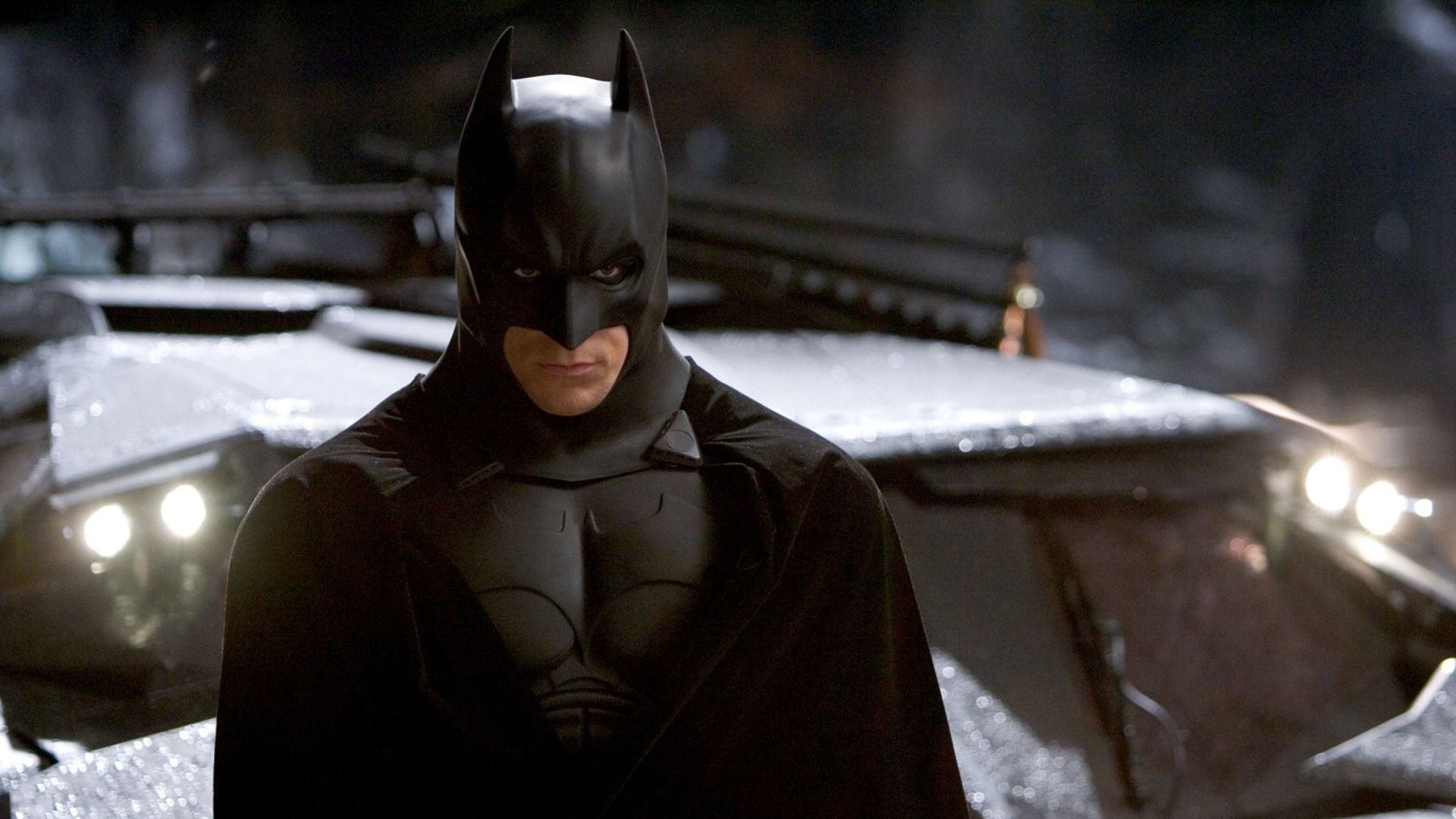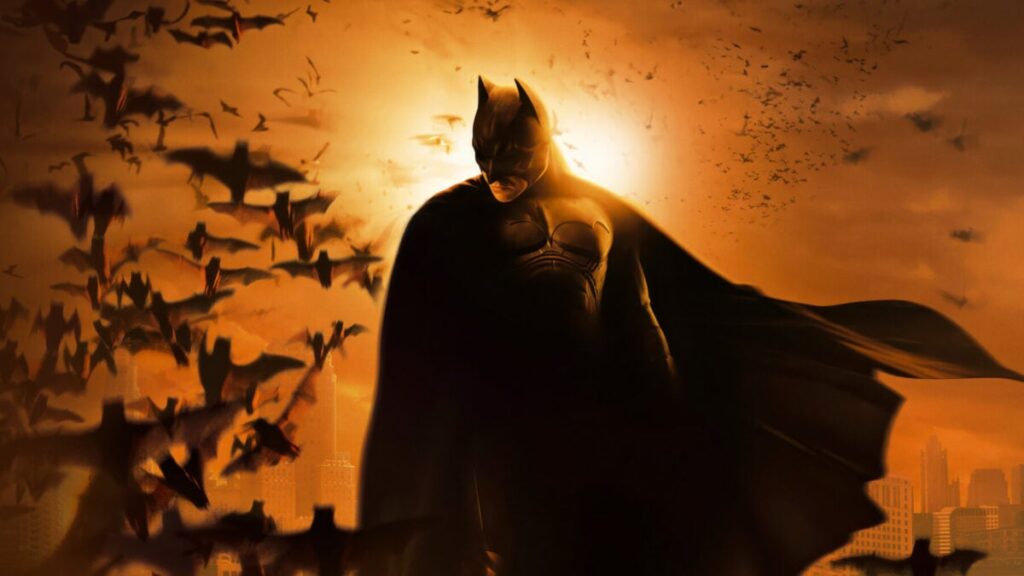There are plenty of constants in popular culture, and Batman is near the top of the list. He’s everywhere in some fashion, particularly in movies, and his various cinematic versions have been significant in some way that speaks to how both the audience and Warner Bros. view the character.
Of those, Batman Begins may be the most important. The first chapter of an eventual trilogy from director Christopher Nolan and writers David S. Goyer and Jonathan Nolan released on June 15, 2005, and marked his return to film after Batman & Robin’s critical panning back in 1997. Various creatives tried getting a new movies off the ground first, but the duty eventually fell to Nolan and Goyer, who aimed for a darker direction compared to its predecessors. Despite the goodwill both built up with their previous individual works—Memento and Insomnia for Nolan, the first two Blade films Goyer—the bad blood of & Robin left people very skeptical Begins would be any good.
But good it was, some would even say great. With positive reviews, an Oscar nomination for its cinematography, and a $373.3 million box office under its belt, Batman Begins renewed interest in Batman’s cinematic prospects. Its sequels, 2008’s The Dark Knight and 2012’s The Dark Knight Rises, garnered even bigger acclaim and money, and collectively, the three have since been recognized as one of the best film series ever made. During and after its lifecycle, it became the franchise to imitate: rebooted versions of James Bond, Star Trek, and Spider-Man were openly influenced, and creatives behind various films—from Gareth Edwards’ Godzilla to Jon Favreau’s Iron Man and Cathy Yan’s Birds of Prey—cited the trilogy as inspiration.
The Dark Knight series was so big, Warner Bros. held onto Nolan for the next 15 years. He stayed in DC’s realm for a spell as a producer for several DC Extended Universe like Man of Steel (which he helped conceive the story for) and Batman v. Superman: Dawn of Justice. Outside superheroes, the studio distributed his non-franchise works of the 2010s, Inception, Interstellar, and Dunkirk. And while things eventually fell apart owing to the COVID pandemic and WB’s subsequent treatment of Tenet, resulting in him taking Oppenheimer and 2026’s The Odyssey to Universal, that partnership nonetheless made the studio an enticing one for filmmakers to do business with. Well, at least until it became WB Discovery.
Batman Begins became associated with “dark and gritty,” and Batman himself followed suit. Its impact on his TV life is debatable, given the significance of Batman: The Animated Series on the medium, but it’s different elsewhere. His comic book storylines leaned into a darker, grittier direction—Joker owes a lot of his current-day popularity and general creative pivot across media to Heath Ledger’s portrayal in Dark Knight—and in games, the DNA of Begins and its sequels are all over Rocksteady’s Arkham games. Matt Reeves’ in-progress Batman Epic Crime Saga stands in Nolan’s shadow, and if the new DC movie universe follows through on delivering Brave and the Bold, it’ll also be in conversation with this trilogy, even just by the sheer fact that it’ll bring Robin back to the big screen in live-action for the first time in decades.
Depending on who you ask, the focus on realism and grounded stories (to a point) has left Batman in a point of creative stagnation on the big and small screen. If creatives aren’t trying to emulate Nolan’s movies, they’re doing it with Animated Series, but with one eye on the films regardless. As such, can you really blame people for feeling Batman’d out over the past decade, or giving Marvel its flowers just for being lighter and more fantastical by comparison? Complaints about the character’s omnipresence and the fan-dictated brand war have existed since the dawn of time and will exist well through the end of it, but these movies did help exacerbate things by their existence and continued signficance on the character and every Bat-thing he touches.

In Batman Begins and its sequels, Nolan and Goyer did something with the character that’ll likely never get to happen again: they presented their vision of Batman to the world and subsequently moved on, not even pretending like looking back was ever in the realm of possibility. That restraint may help explain why, despite its problems, the trilogy continues to be looked back on with such fondness, and why there’ll never be a day in our lifetimes where Batman isn’t one of the most popular characters in the world.
Want more io9 news? Check out when to expect the latest Marvel, Star Wars, and Star Trek releases, what’s next for the DC Universe on film and TV, and everything you need to know about the future of Doctor Who.

